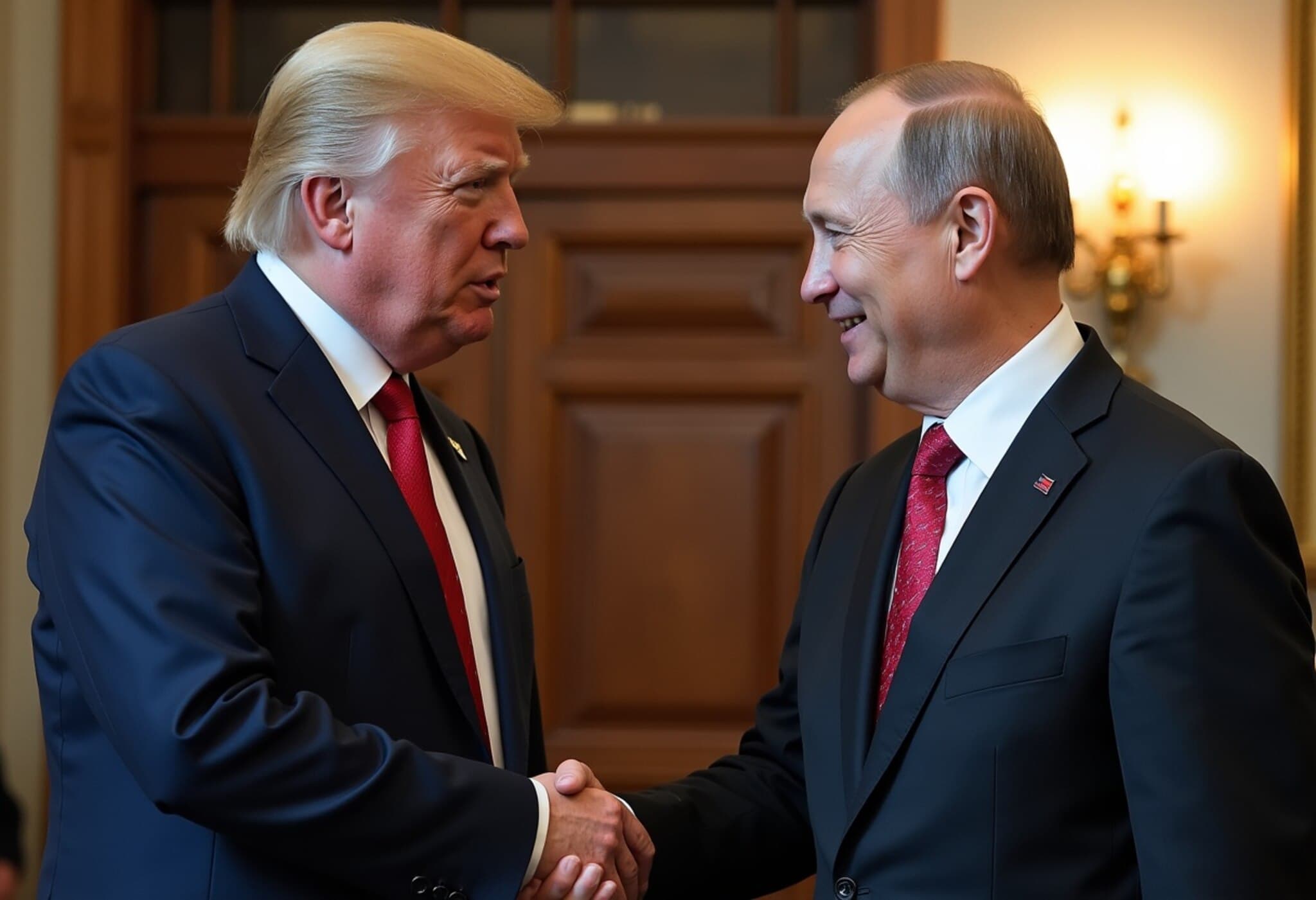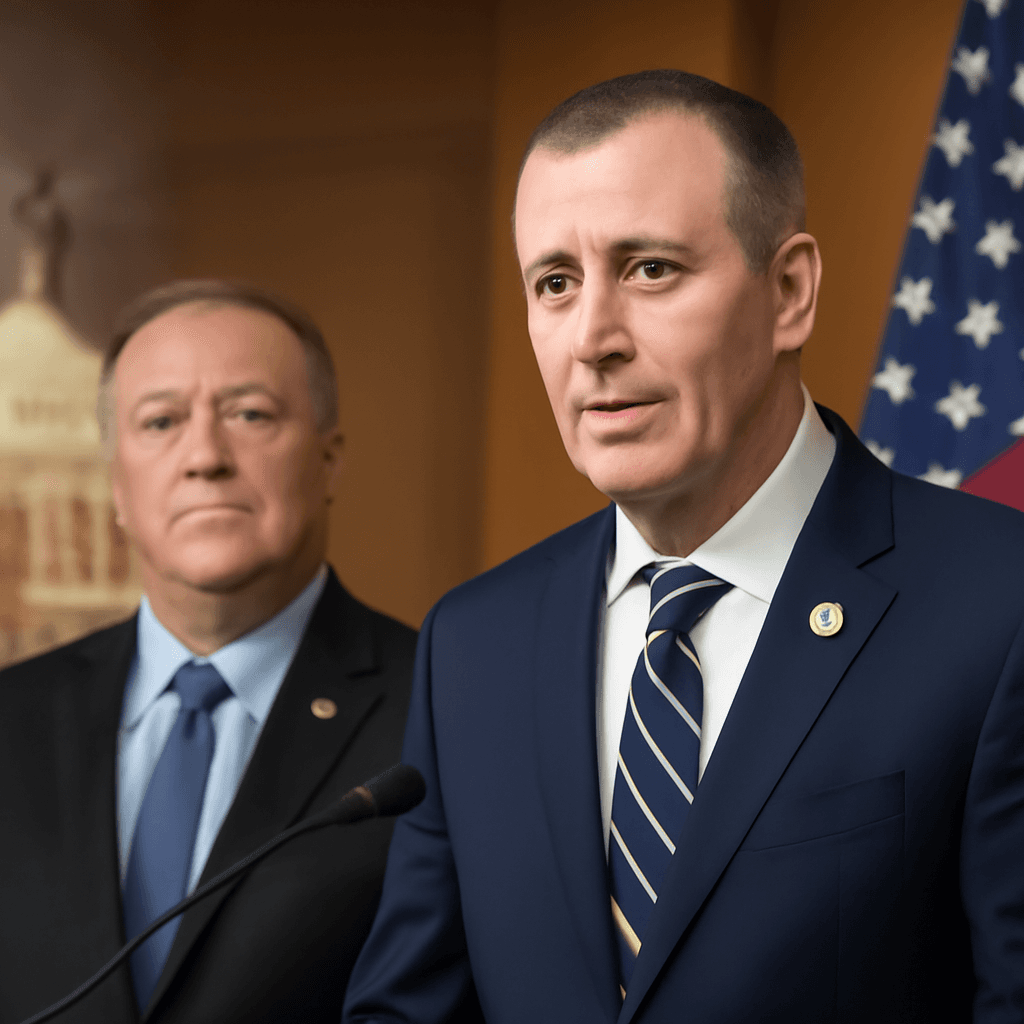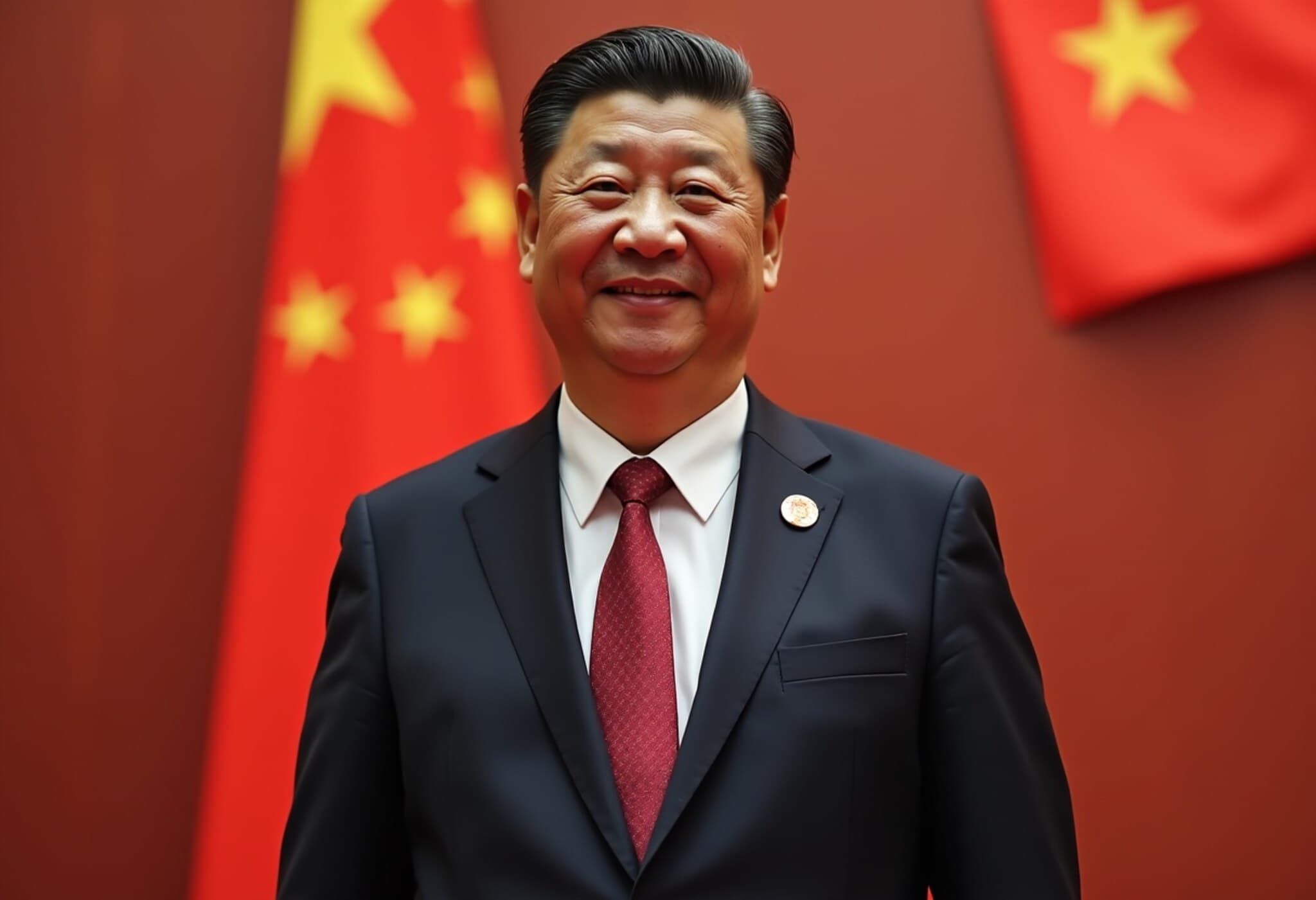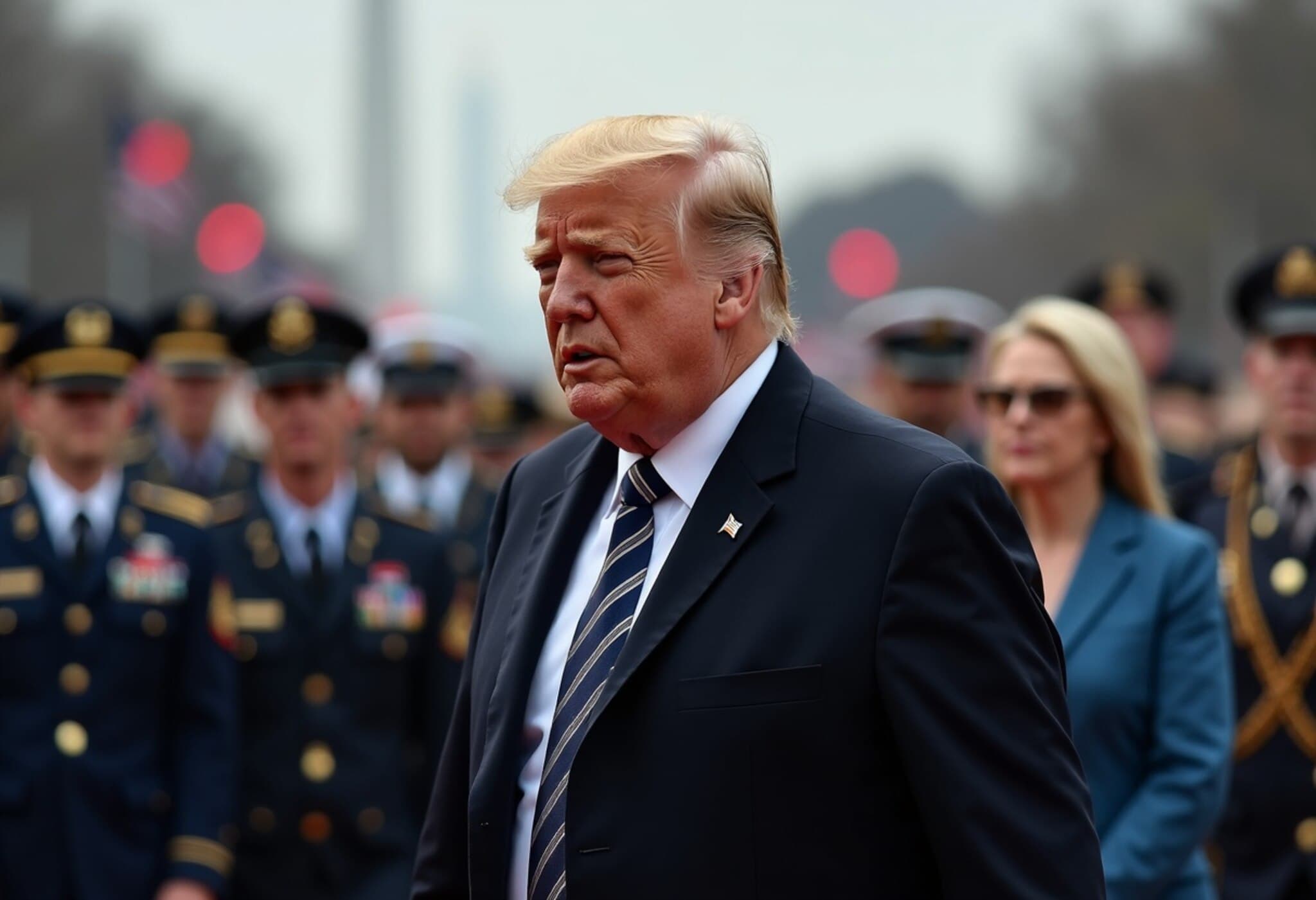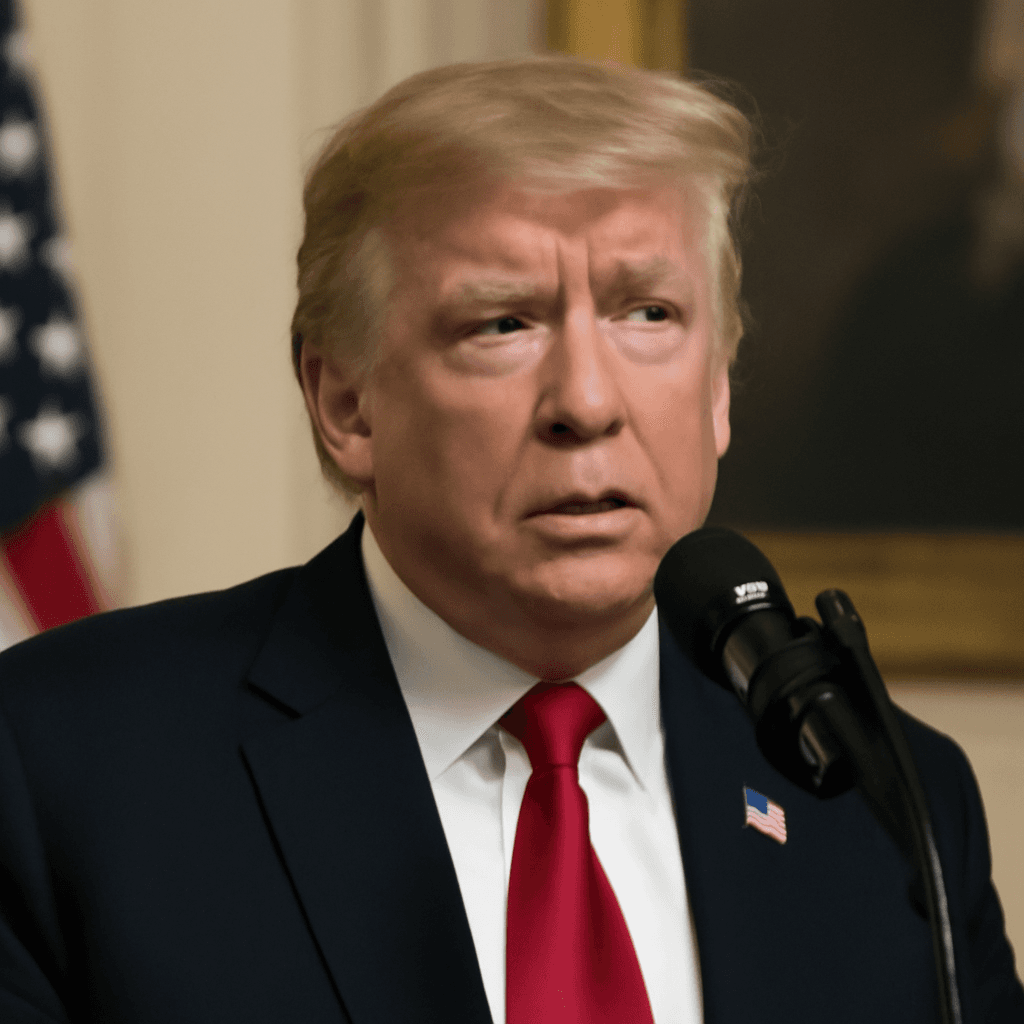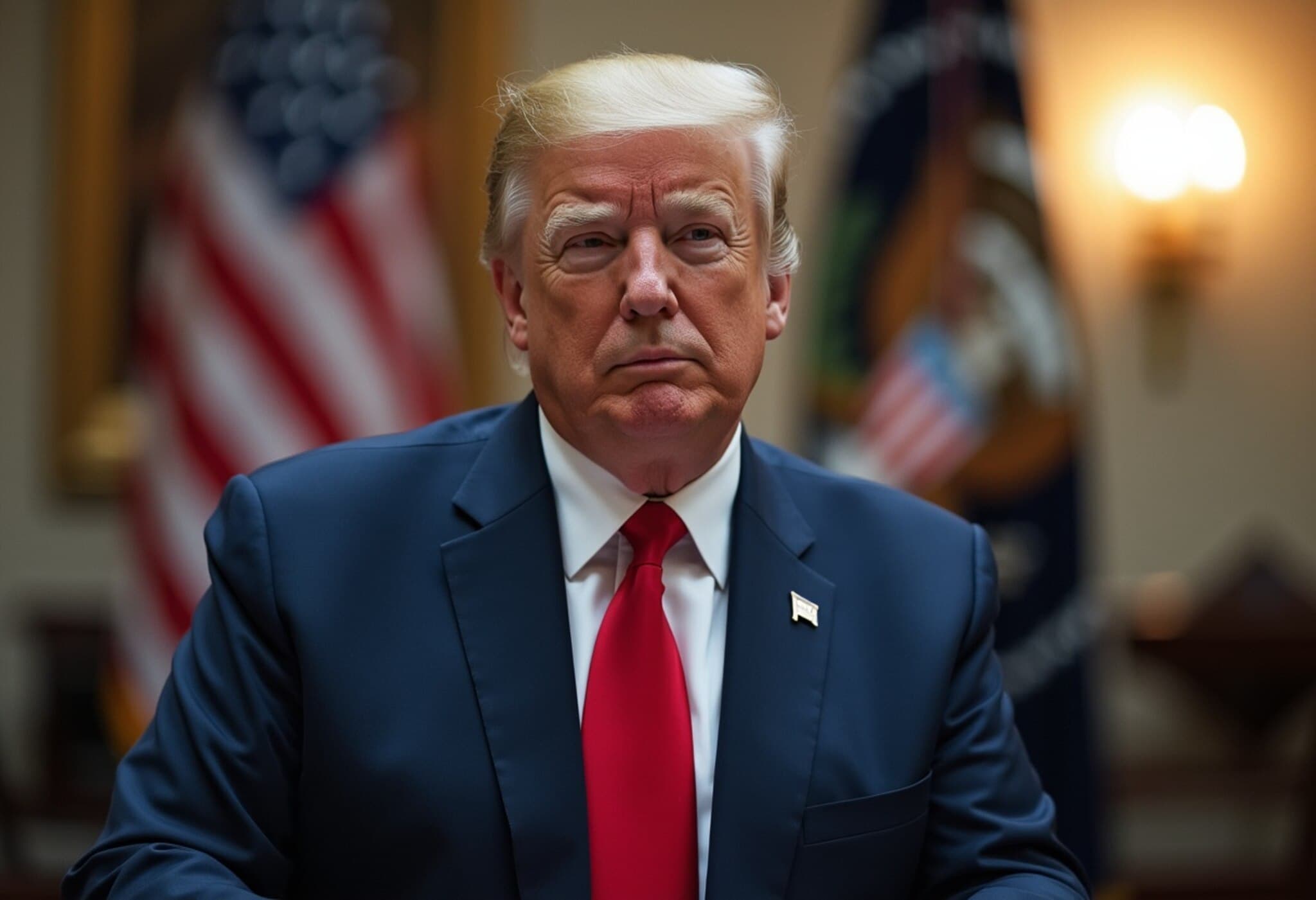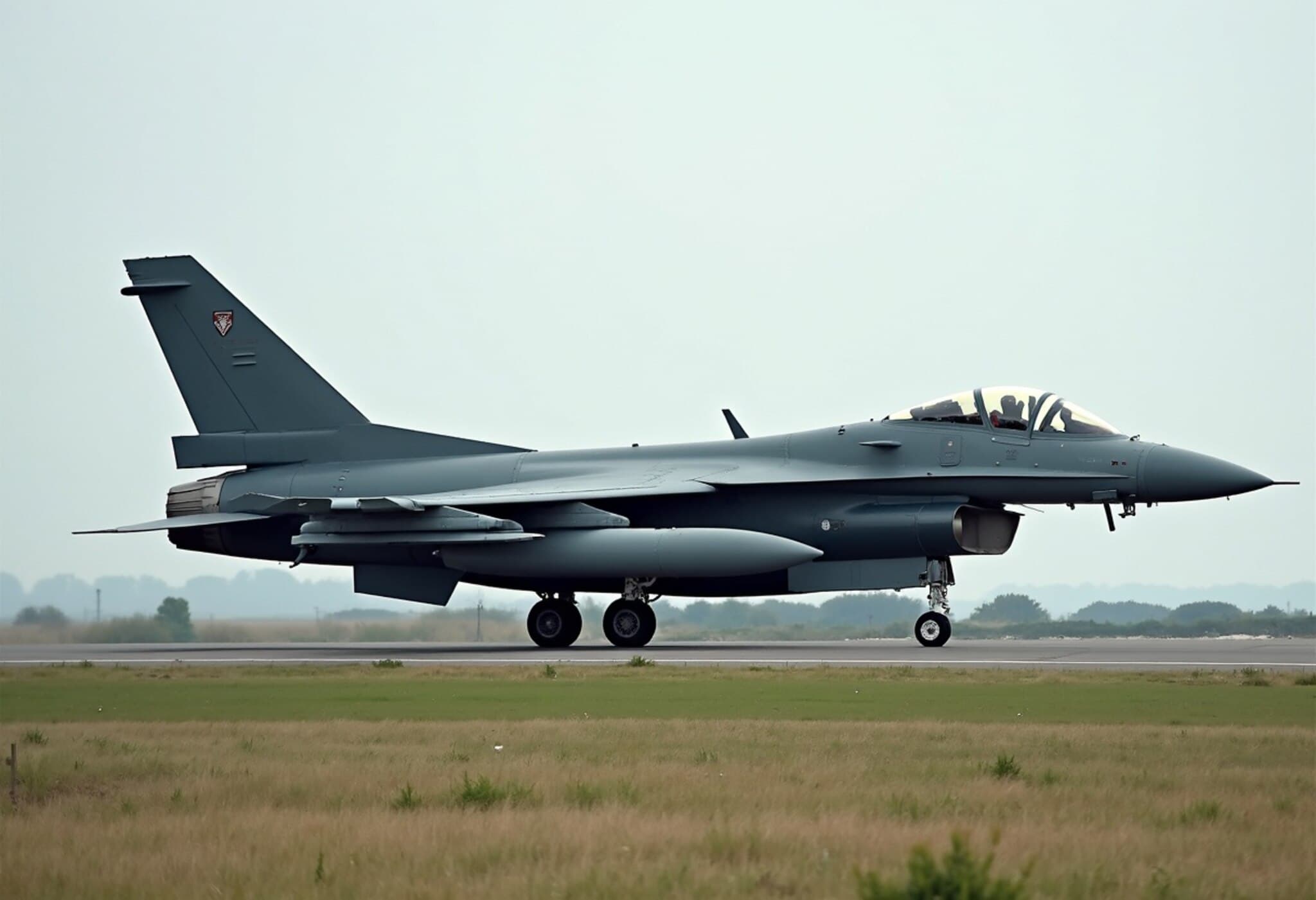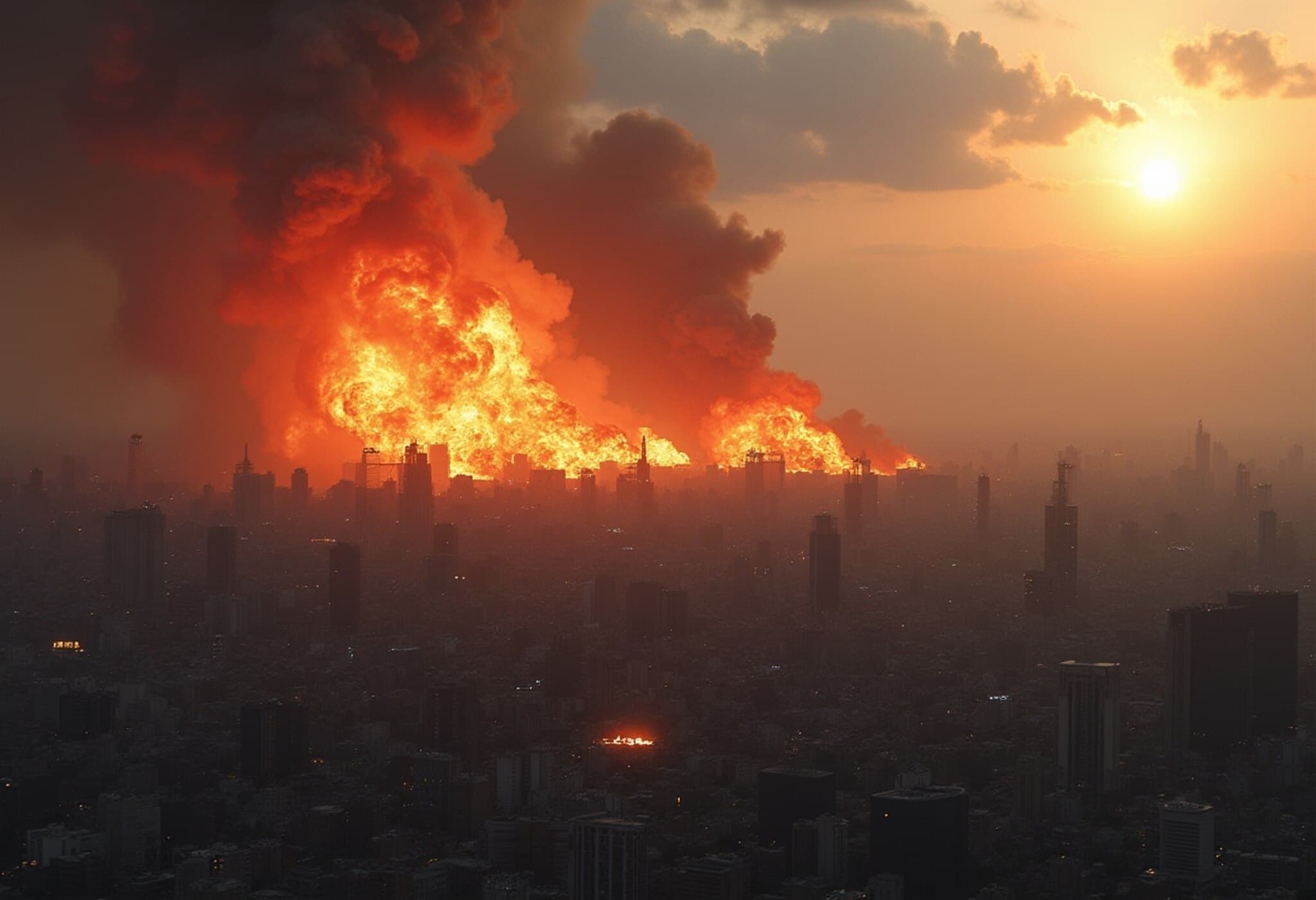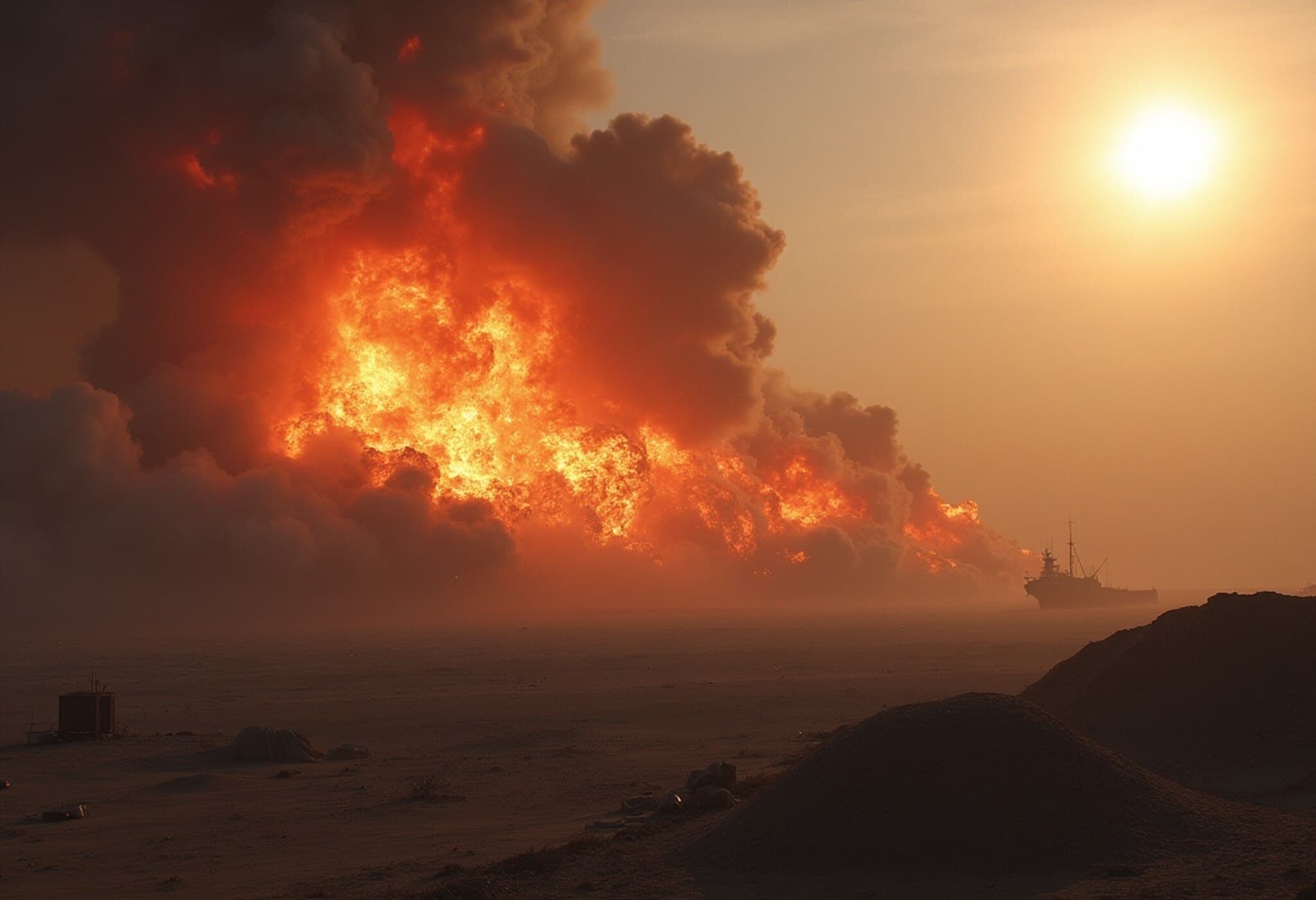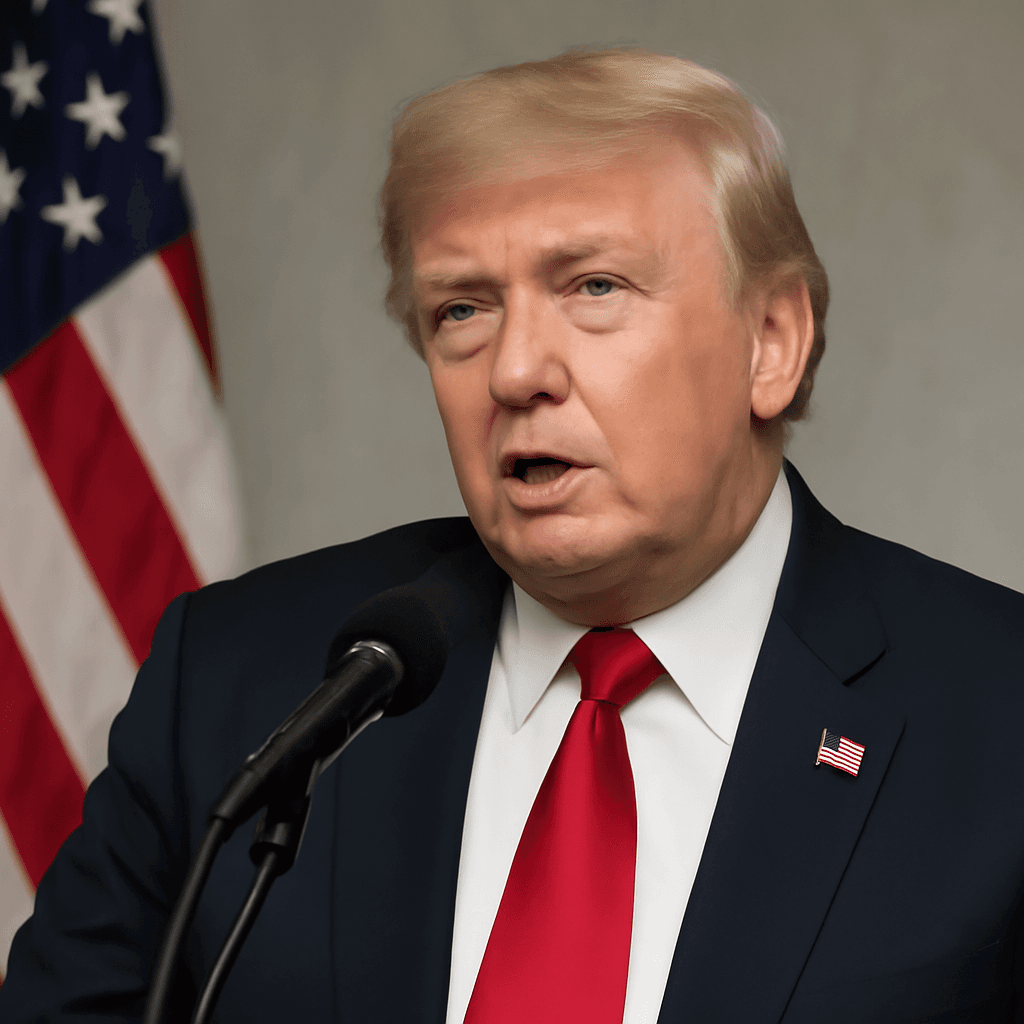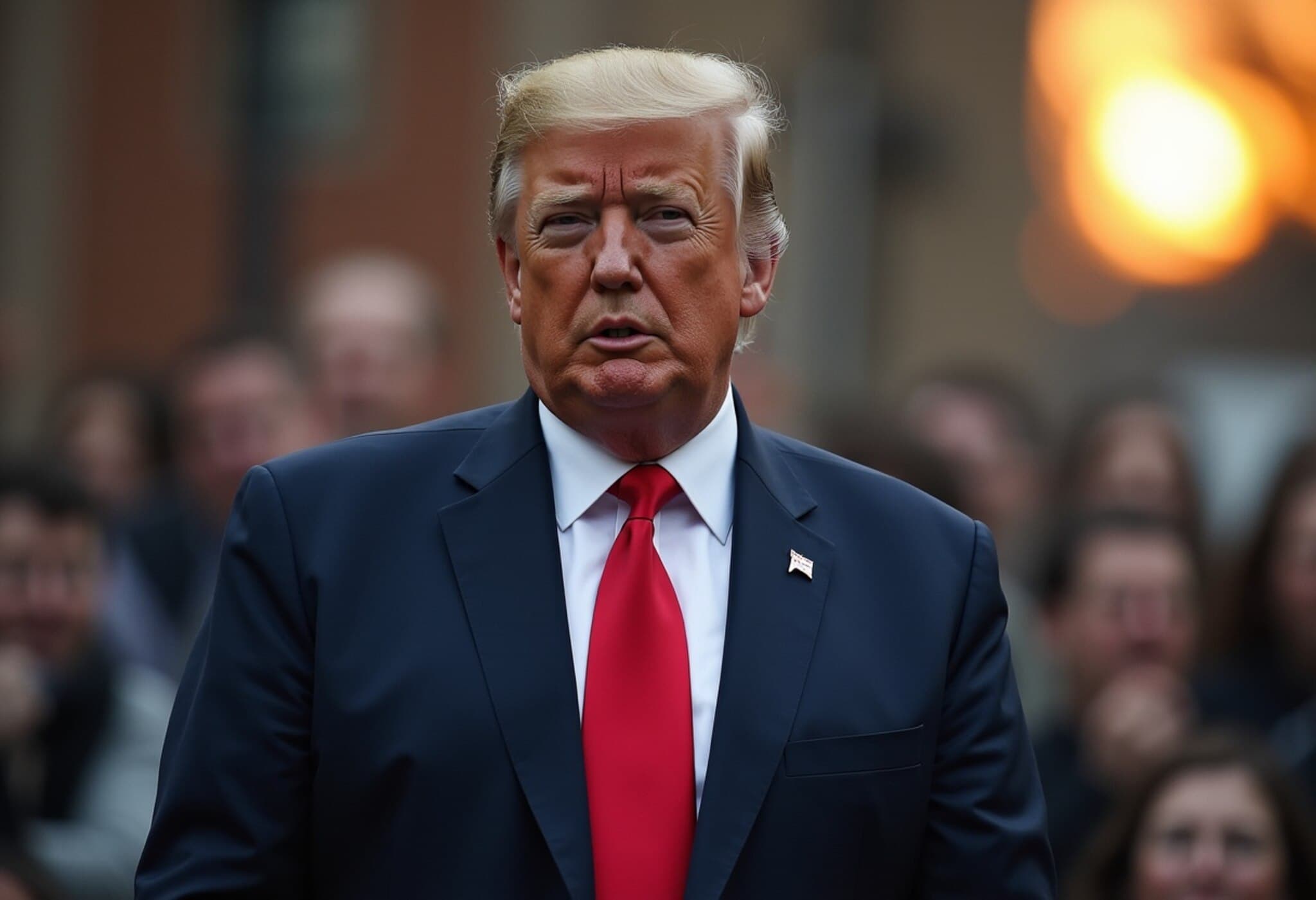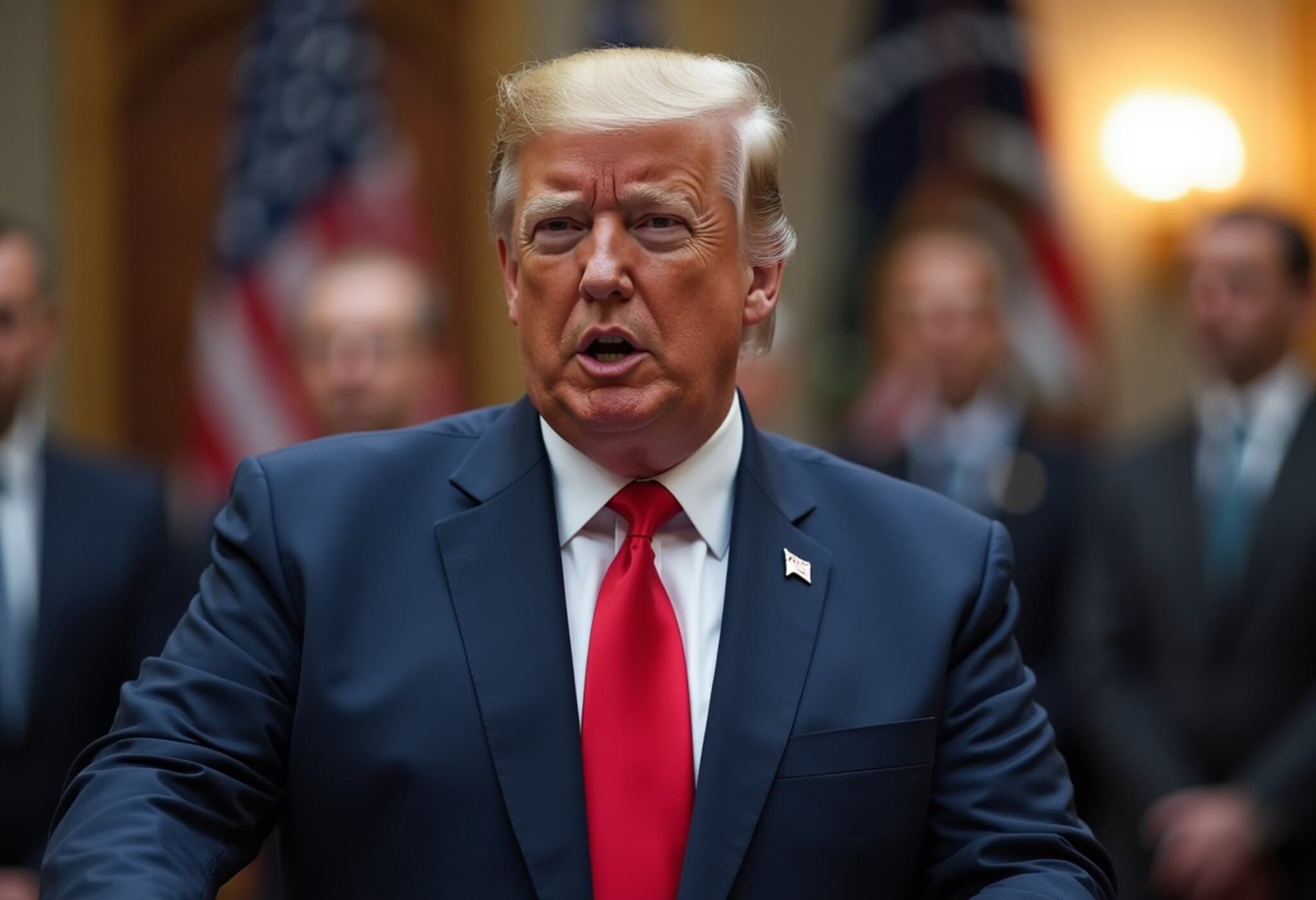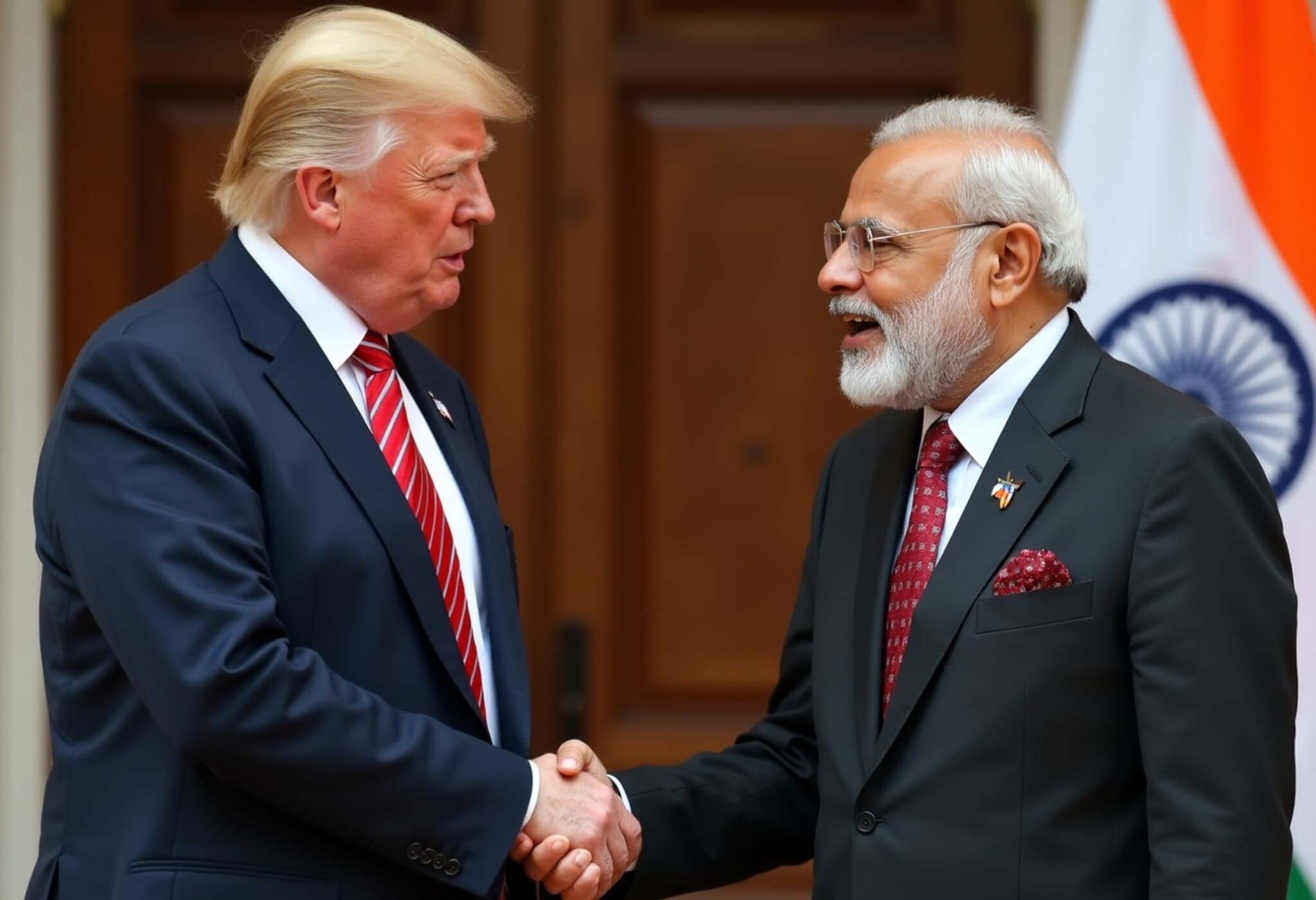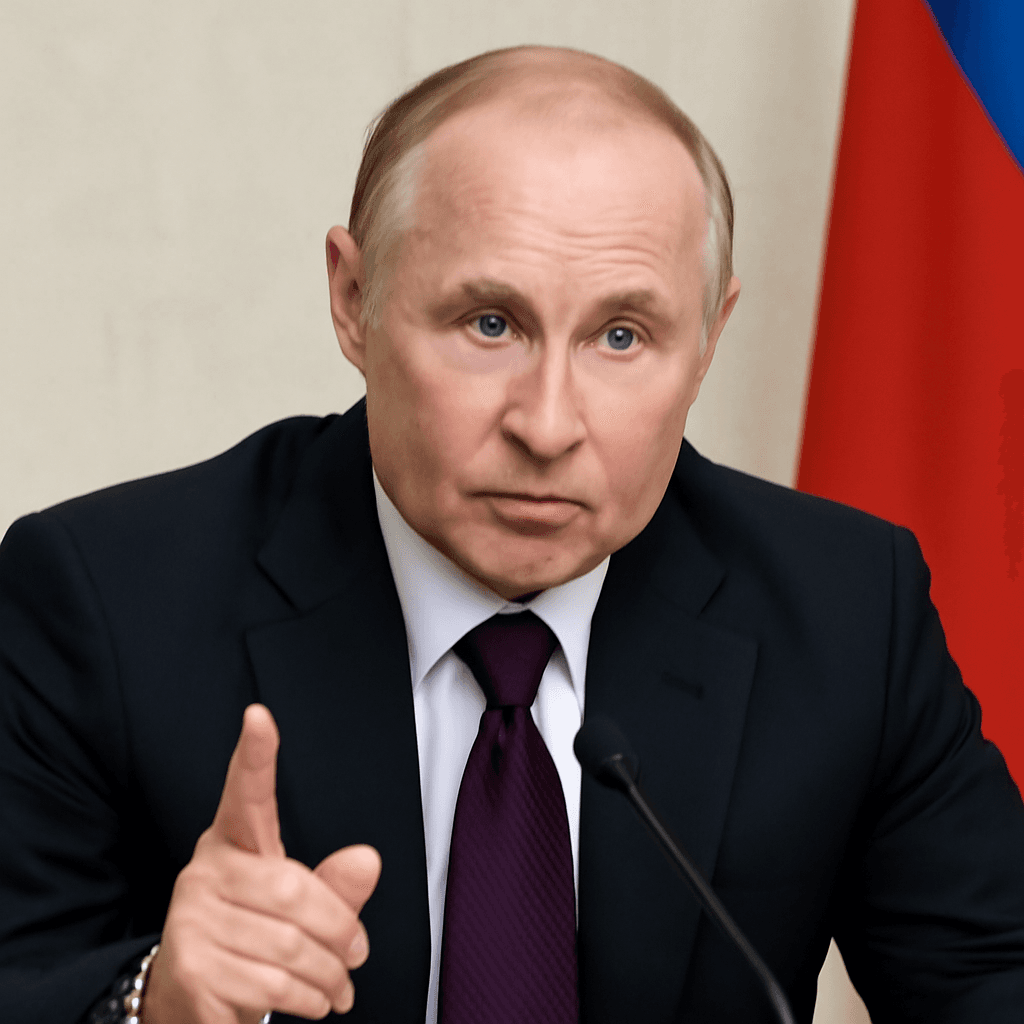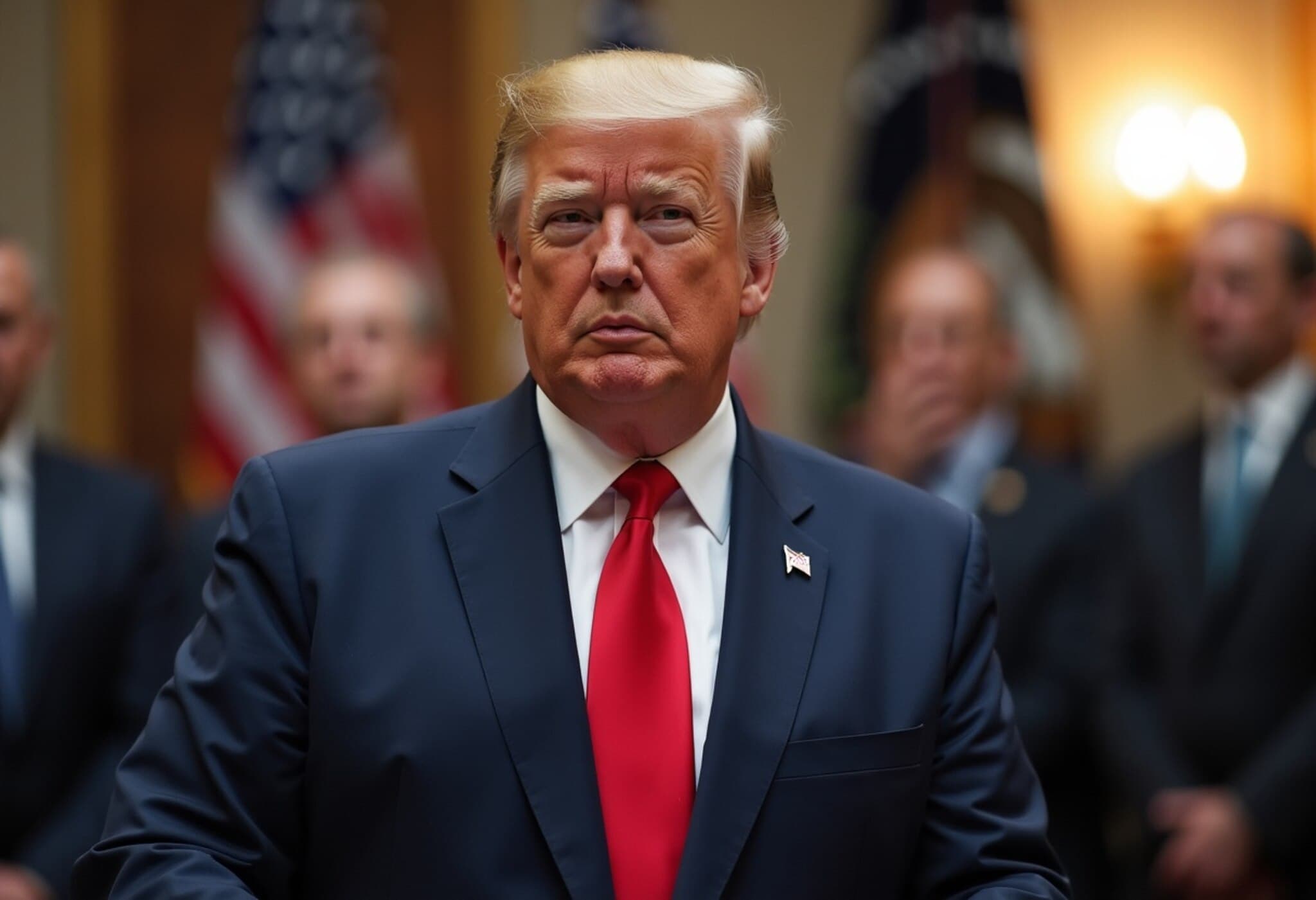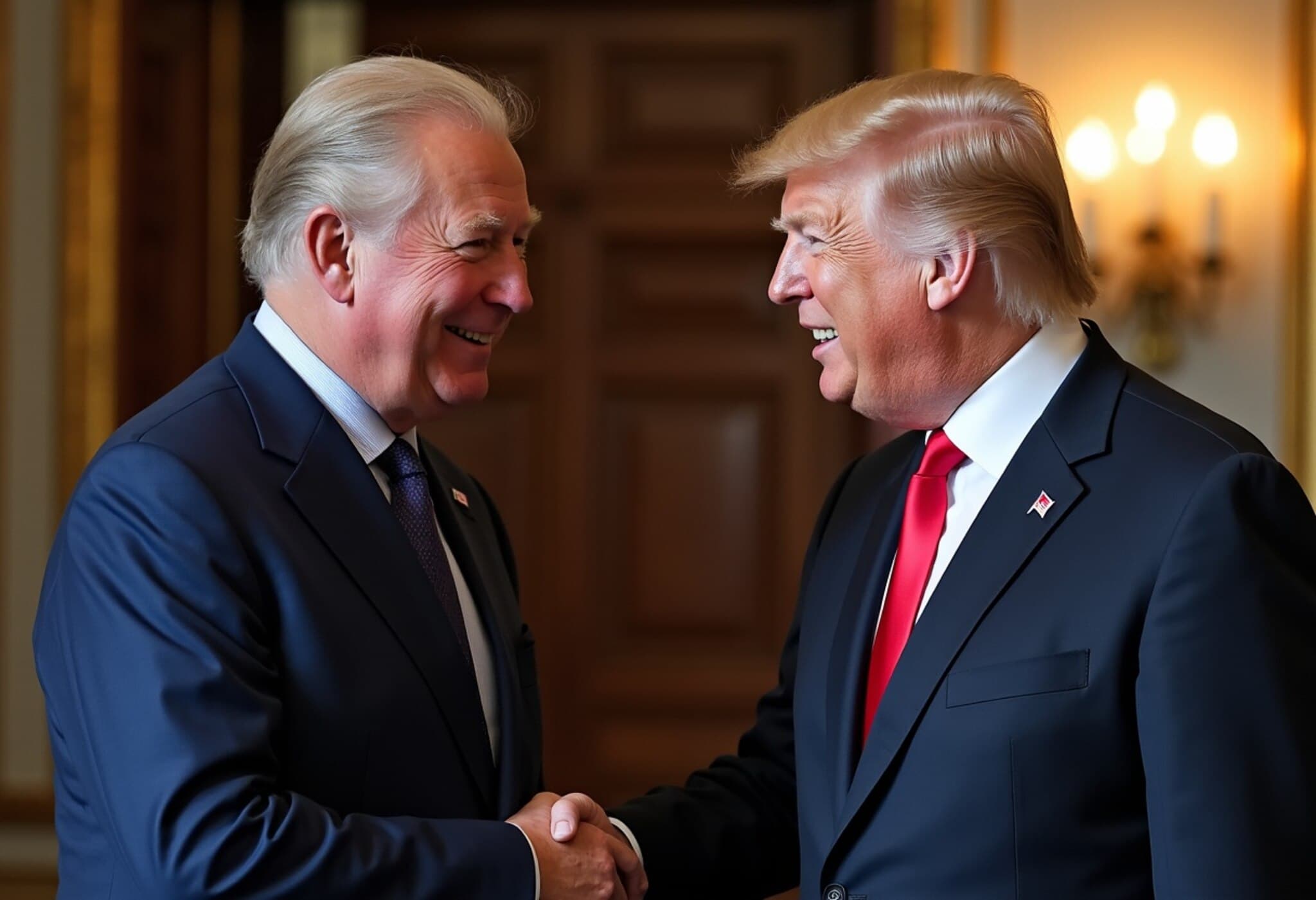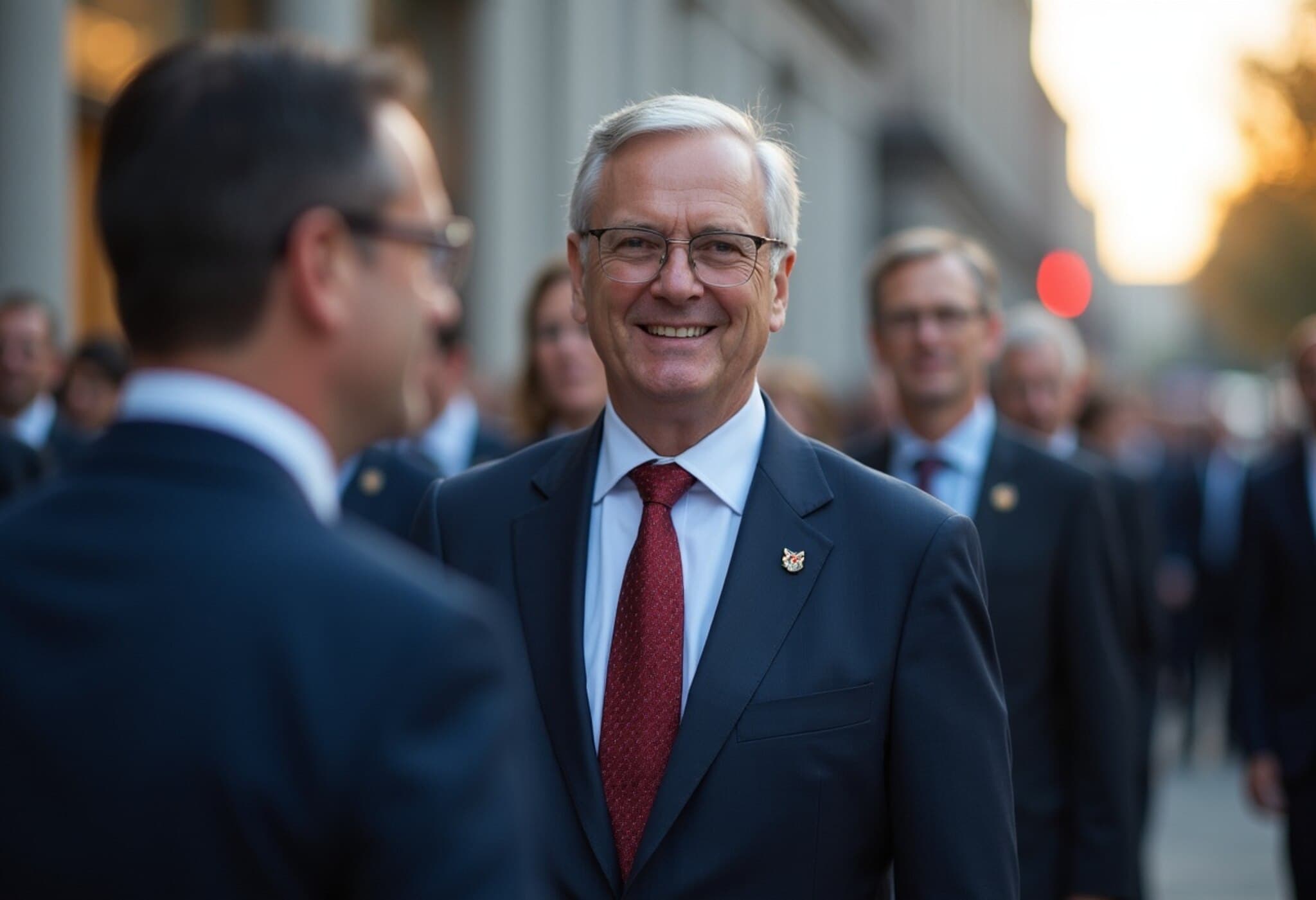Trump Snubs Putin's Offer to Assist with Iran Conflict
In a surprising turn, former President Donald Trump revealed that Russian President Vladimir Putin had offered assistance with the Iran-Israel conflict. However, Trump declined the offer, retorting that he needed Putin’s cooperation to end the war in Ukraine instead.
Speaking aboard Air Force One while en route to a NATO summit, Trump recounted how Putin asked, "Can I help you with Iran?" to which Trump replied, "No, I don't need help with Iran. I need help with you." This interaction underscores Trump's focus on holding Russia accountable for the invasion of Ukraine, a key promise from his reelection campaign.
Ending the Iran-Israel Conflict: A Delicate Ceasefire
Trump played an active role mediating a tentative ceasefire between Israel and Iran after a 12-day conflict that threatened to escalate into a broader regional war. Despite their complex history and mutual distrust, the two sides agreed to pull back amid U.S. diplomatic pressure.
Trump's negotiation efforts included direct talks with Israel's Prime Minister Benjamin Netanyahu and Iran's Supreme Leader Ayatollah Ali Khamenei. The ceasefire initially faced challenges, with both parties accusing each other of violating the agreement shortly after it was announced.
Frustrated, Trump openly criticized the Israeli and Iranian leadership, calling their actions reckless and disruptive to his "complete and total ceasefire" plan. His decisive public intervention seemed to calm tensions, with both nations stepping back from immediate further attacks within 48 hours.
Background of the Conflict
The conflict erupted after Israel launched an extensive airstrike campaign targeting Iranian nuclear and military installations, responding to concerns over Iran’s potential development of nuclear weapons. Iran vehemently denied these allegations, insisting their nuclear program serves peaceful civilian purposes.
U.S. involvement escalated when Israel requested assistance to strike well-protected nuclear bases in Iran’s mountainous regions. The United States responded by deploying several bunker-buster bombs, targeting key facilities such as Fordow, Isfahan, and Natanz.
While Trump insisted these strikes significantly damaged Iran’s nuclear capabilities, recent U.S. intelligence indicates the impact was limited. Meanwhile, Iran insinuated its nuclear program remained intact, especially amid reports of a missing cache of highly enriched uranium, signaling the conflict's challenges are far from resolved.
The Russia-Ukraine Conflict Remains Trump's Main Challenge
With the Iran-Israel standoff cooling off, Trump turned his attention back to the sprawling conflict between Russia and Ukraine. This war has defined much of his second-term campaign promises, yet progress toward peace remains elusive.
In a candid moment, Trump spoke about meeting Ukraine President Volodymyr Zelensky at the NATO summit, mentioning he might casually ask, "How you doing?" However, he expressed skepticism about Zelensky's situation, saying, "He’s in a tough spot... should have never been there."
Peace talks between Russia and Ukraine had briefly resumed earlier in the year, but no lasting agreement has emerged. Meanwhile, hostilities have escalated, with Ukraine conducting strikes on Russian air bases far from the frontline.
Looking Ahead
Trump’s diplomatic maneuvers highlight the complexities of modern global conflicts, balancing between brokering ceasefires and addressing long-standing geopolitical challenges. While the Iran-Israel ceasefire is fragile, it marks a brief pause in a volatile region, whereas the Russia-Ukraine war continues to present a formidable obstacle for any lasting peace efforts.

